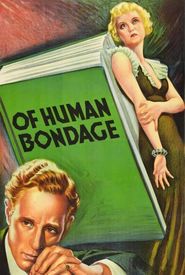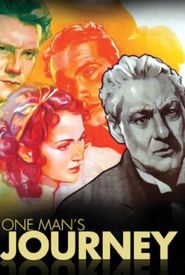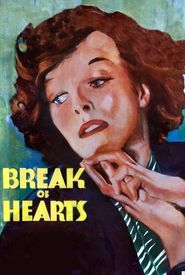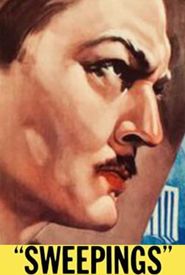Lester Cohen, an American literary luminary, was born on August 17, 1901, and left an indelible mark on the world of literature, leaving behind a rich legacy of published and unpublished works. His notable literary achievements include the novels Sweepings and Coming Home, as well as the screenplay for the classic film Of Human Bondage.
Throughout his illustrious career, Cohen penned nine published books, including two unfinished works, The Fabulous World of Horace Liveright and Fallen Nation, which remain a testament to his unwavering dedication to his craft. Additionally, he authored six full-length stage plays, numerous short plays, and scripts for television, showcasing his versatility and talent.
Cohen's contributions to literature extend beyond his written works. He was a member of the Dreiser Committee, a prestigious group of writers who documented the labor struggles of Harlan County coal miners in 1931. This committee, comprising notable writers such as John Dos Passos and Sherwood Anderson, produced a comprehensive report on the subject.
Furthermore, Cohen was a member of the League of American Writers, an organization that brought together communists and communist sympathizers between 1935 and 1943. While it is unclear how long he remained a member or the extent of his commitment to communism, his involvement in this organization highlights his willingness to engage with complex social and political issues.
In addition to his literary pursuits, Cohen was an advocate for social justice. He represented the American League for a Free Palestine at the first United Nations Conference in San Francisco in 1945, demonstrating his commitment to international diplomacy and human rights.
Throughout his life, Cohen maintained his independence, eschewing political and religious affiliations. He remained a member of the Screen Writers' Guild and the Authors' Guild of America from 1926 until his passing on July 17, 1963. Despite his passing, Cohen's remarkable body of work continues to inspire and educate new generations of writers, artists, and thinkers.




























